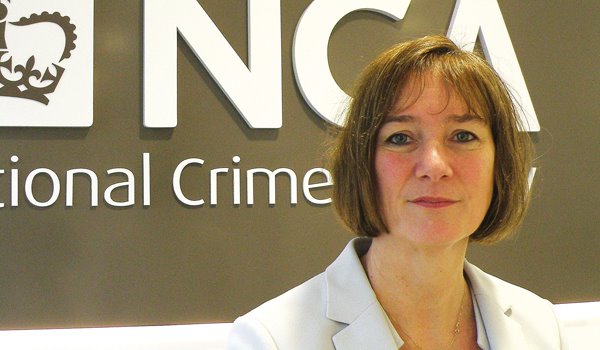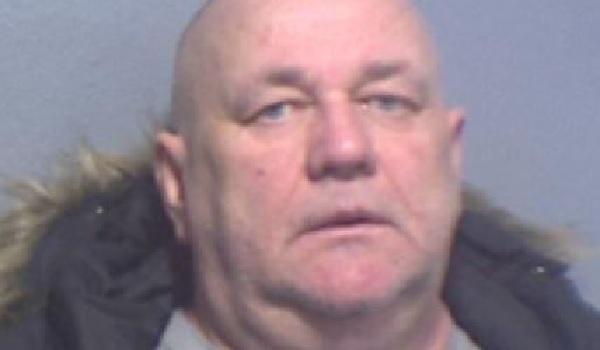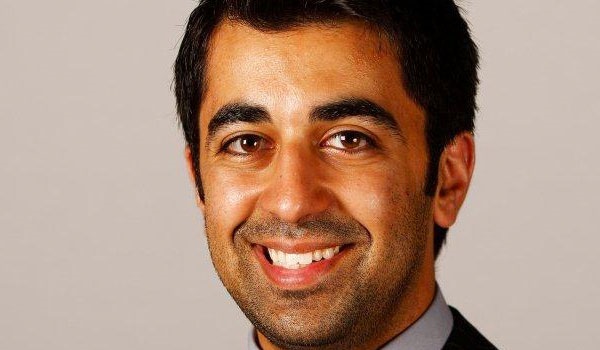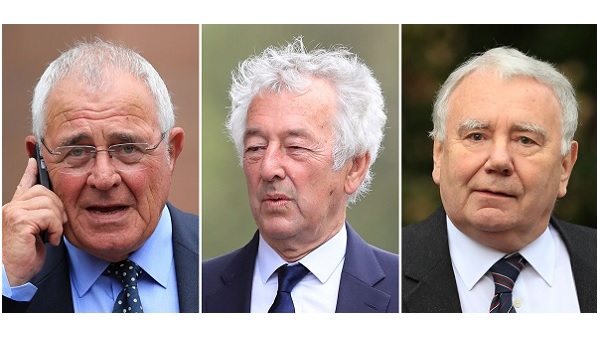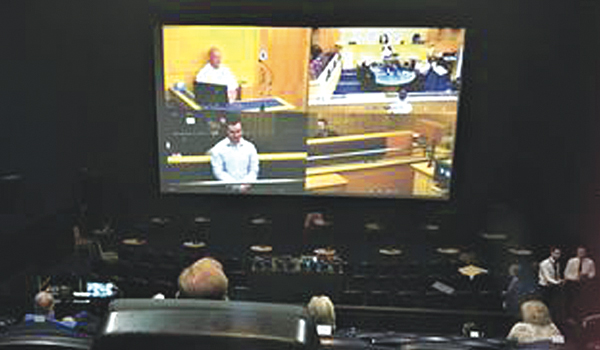NCA Director General: £2.7bn investment needed to combat threat from organised crime
The Director General of the National Crime Agency (NCA) has called for £2.7 billion to be invested in law enforcement to combat the growth of serious and organised crime (SOC) over the next three years.
Lynne Owens said the threat from organised gangs was now so great – outstripping threats from terrorism, war and natural disasters combined – that the country simply could not afford not to make such an investment.
The call coincided with the publication of the agency’s latest National Strategic Assessment (NSA) which reveals the presence of at least 181,000 offenders linked to high-level criminal activities in the UK. The figure – double the strength of the regular British Army – is a conservative estimate, only taking into account the 37,000 known members of organised crime groups and some 144,000 offenders trading in the worst child abuse images on the dark web.
Ms Owens said: “Serious and organised crime in the UK is chronic and corrosive, its scale is truly staggering. It kills more people every year than terrorism, war and natural disasters combined. SOC affects more UK citizens, more frequently than any other national security threat. And it costs the UK at least £37 billion a year – equivalent to nearly £2,000 per family.
“We need significant further investment to keep pace with the growing scale and complexity. Enhancing our capabilities is critical to our national security. If we don’t, the whole of UK law enforcement, and therefore the public, will feel the consequences. Some will say we cannot afford to provide more investment, but I say we cannot afford not to.
She added: “The organised criminals of today are indiscriminate – they care less about what types of crime they’re involved in, as long as it makes them a profit. These groups are preying on the most vulnerable in society, including young children and the elderly – those most unable to protect themselves.”
Ms Owens said the agency itself requires an additional £650m in annual funding to spearhead the fight – a sum that would more than double its current budget of £450m. The money would enable the agency to meet growing demand and to build capabilities in areas such as digital forensics, covert surveillance, financial investigations and other critical areas law enforcement needs to combat SOC in the 21stcentury.
She added: “Visible, front-line policing is vital to public safety, but the reality is that we will not defeat serious and organised crime with beat officers alone. Some of the capabilities we need are most effectively and efficiently delivered at the local or regional level. The NCA must deliver others on a national basis, providing the right agencies with the right capabilities at the right time to deliver maximum impact.
“The choice is stark. Failing to invest will result in the gradual erosion of our capabilities and our ability to protect the public.”
The 2019 NSA is the agency’s sixth and most wide-ranging and incisive yet, drawing on information and intelligence from more sources than ever before including police forces, government departments, the intelligence community and the private and voluntary sectors.
In addition to showing the spectrum of offences now being committed, the NSA shows the traditional idea of organised crime groups (OCGs) is becoming old-fashioned.
Hierarchies and infrastructure of old-style OCGs have fragmented into more dynamic groups of younger offenders who use technology and capitalise on networking to carry out multiple types of crimes while still employing extreme violence.
Professional enablers such as accountants, solicitors and those working in financial services are increasingly facilitating crimes with their expertise. The use of the dark web and encryption to cloak offending have also grown significantly, with cryptocurrencies increasingly used to launder dirty money.
The NSA also reveals that the size of the threat is growing rapidly. Referrals of potential victims of modern slavery have increased by more than 80 per cent since 2016, that the number of ‘County Lines’ drug supply lines has increased from 720 to around 2,000 in a little over a year and that financial losses from fraud soared by 32 per cent between April and September 2018 alone.
Police Federation of England and Wales National Chair, John Apter, backed the call for additional funding. He said: “Today’s report should make for uncomfortable reading for government about the true level of organised crime we are facing in the UK; but given the budget cuts to policing in recent years it shouldn’t come as any surprise.
“This is the reality of years of austerity where we have seen the number of police officers reduced by almost 22,000 as the number of organised criminals has increased; the NCA is therefore right to say considerable investment is needed to tackle this cancerous kind of crime at both a local and national level.”
Mr Apter stressed the need for long-term, sustained investment across all police and law enforcement agencies to avoid tackling one form of crime at the expense of another.
“The Federation, along with others, has warned for nearly a decade that cuts have consequences, but we were ignored and vilified with the Prime Minister denying the link between fewer officers on our streets and the surge in serious crime. The Prime Minister has shown nothing but contempt for policing; she has failed to support it and it is the public who are suffering. Now is the time to sit up, listen and act – and give the police, and other UK law enforcement agencies, the funding and support desperately needed.”


